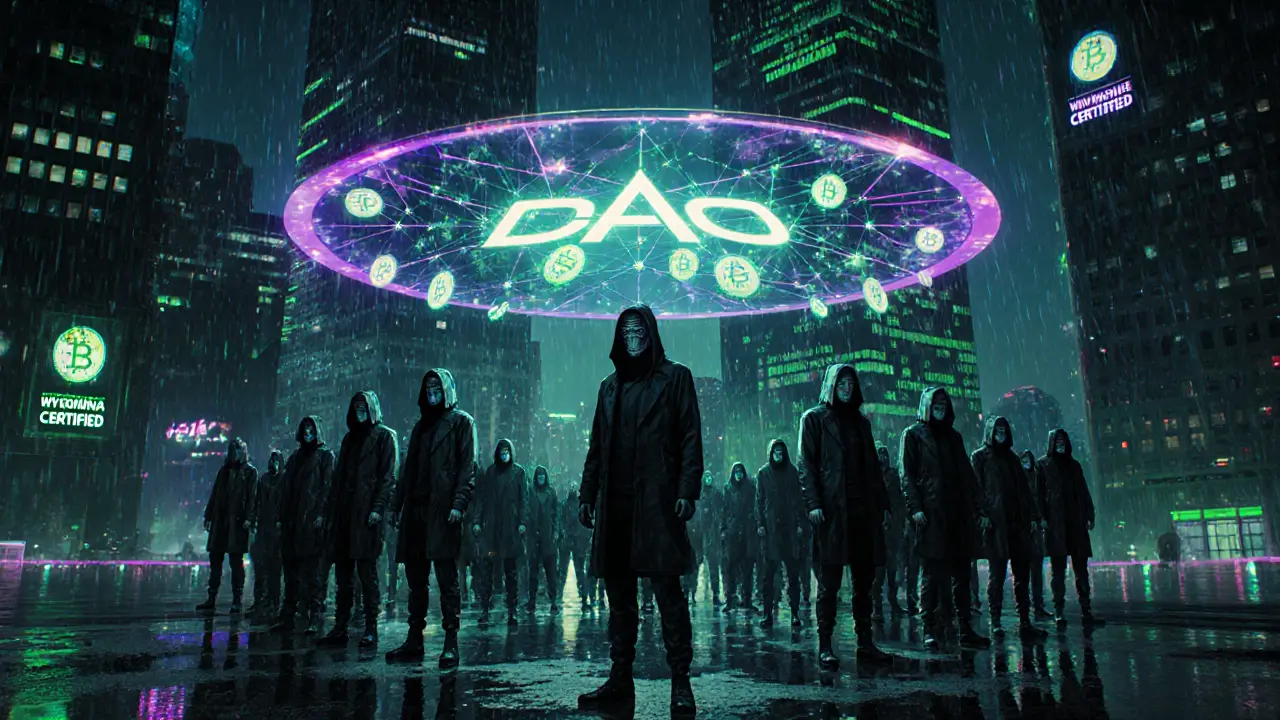In 2025, DAOs are legally recognized in a handful of U.S. states and Malta. Learn how Wyoming, New Hampshire, and others are shaping the future of decentralized organizations - and what it means for your tokens, liability, and business.
Malta DAO Certification: What It Means for Crypto Projects in 2025
When a blockchain project pursues a Malta DAO certification, a formal recognition from Malta’s Financial Services Authority that a decentralized autonomous organization meets legal and operational standards under the country’s crypto laws. Also known as Malta DAO registration, it’s not just a badge—it’s a pathway to operate legally across the EU under MiCA regulations. This isn’t about marketing. It’s about survival. In 2025, regulators aren’t asking if DAOs should be regulated—they’re asking which ones are doing it right. Malta was one of the first places to create a clear legal framework for DAOs, and now, getting certified there means you’re ahead of the curve.
Getting certified means you’re not just running code on a blockchain—you’re answering to a government agency. The Malta Financial Services Authority, the regulatory body overseeing all crypto asset service providers in Malta. Also known as MFSA, it requires detailed whitepapers, proof of governance structures, clear tokenomics, and evidence that your DAO can be held accountable. You can’t just say "we’re decentralized" and call it a day. You need to show how decisions are made, who has voting rights, and how funds are controlled. This overlaps directly with MiCA compliance, the European Union’s Markets in Crypto-Assets Regulation, which sets the baseline for crypto legal standards across all member states. Also known as Markets in Crypto-Assets Regulation, it. Malta’s rules are essentially a preview of what MiCA will enforce everywhere else. Projects that get certified in Malta are already built to meet EU-wide standards.
Many of the projects listed here—like those dealing with securities regulations, DeFi platforms, or tokenized governance—would need this certification to operate openly in Europe. If you’re building a DAO that issues tokens, manages funds, or offers services to EU users, skipping Malta’s process now means you’re risking fines, shutdowns, or being locked out of major exchanges later. The Malta DAO certification isn’t optional for serious projects anymore. It’s the price of entry. Below, you’ll find real-world examples of how crypto firms are navigating this system, what they got wrong, and how others are turning compliance into a competitive edge.

